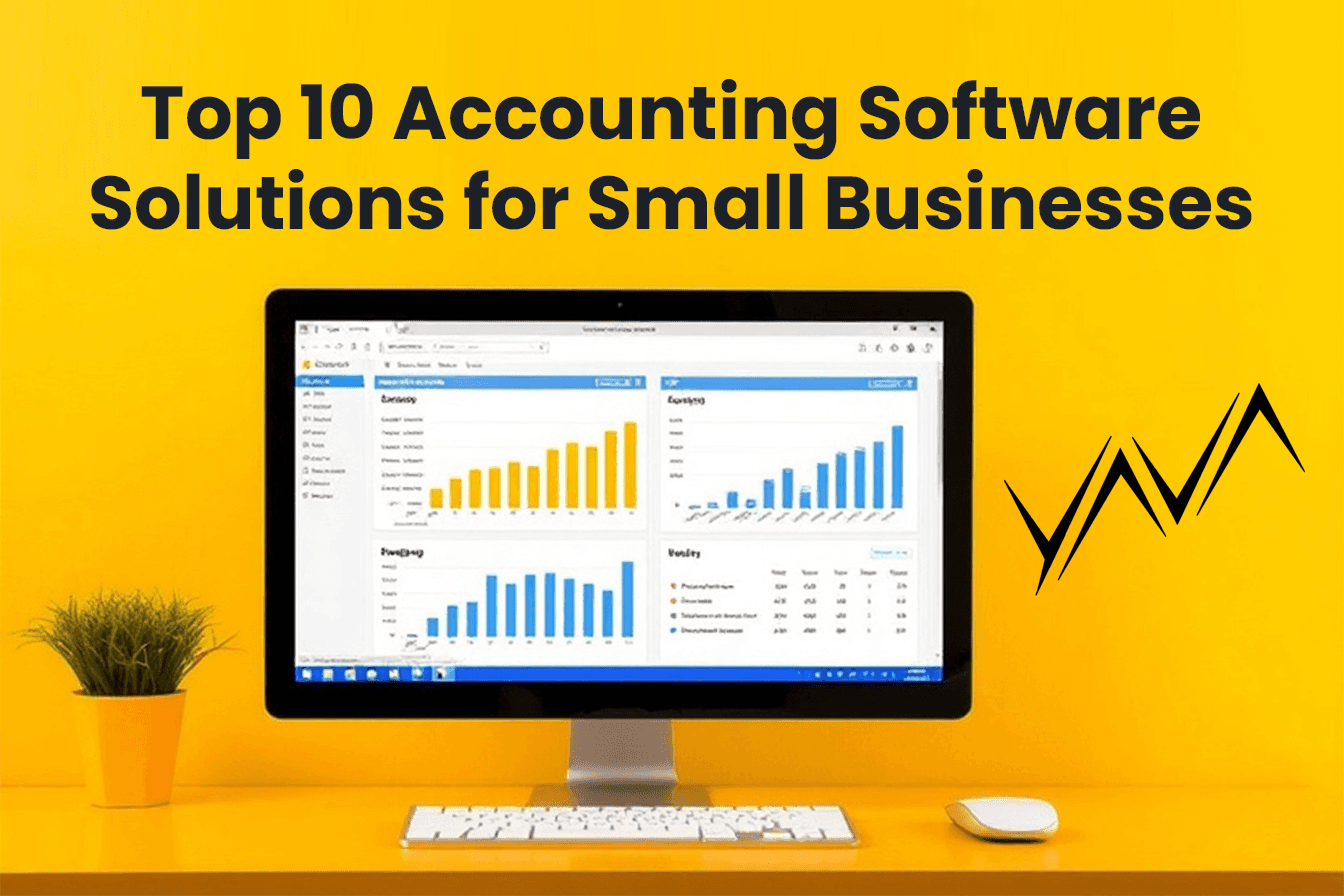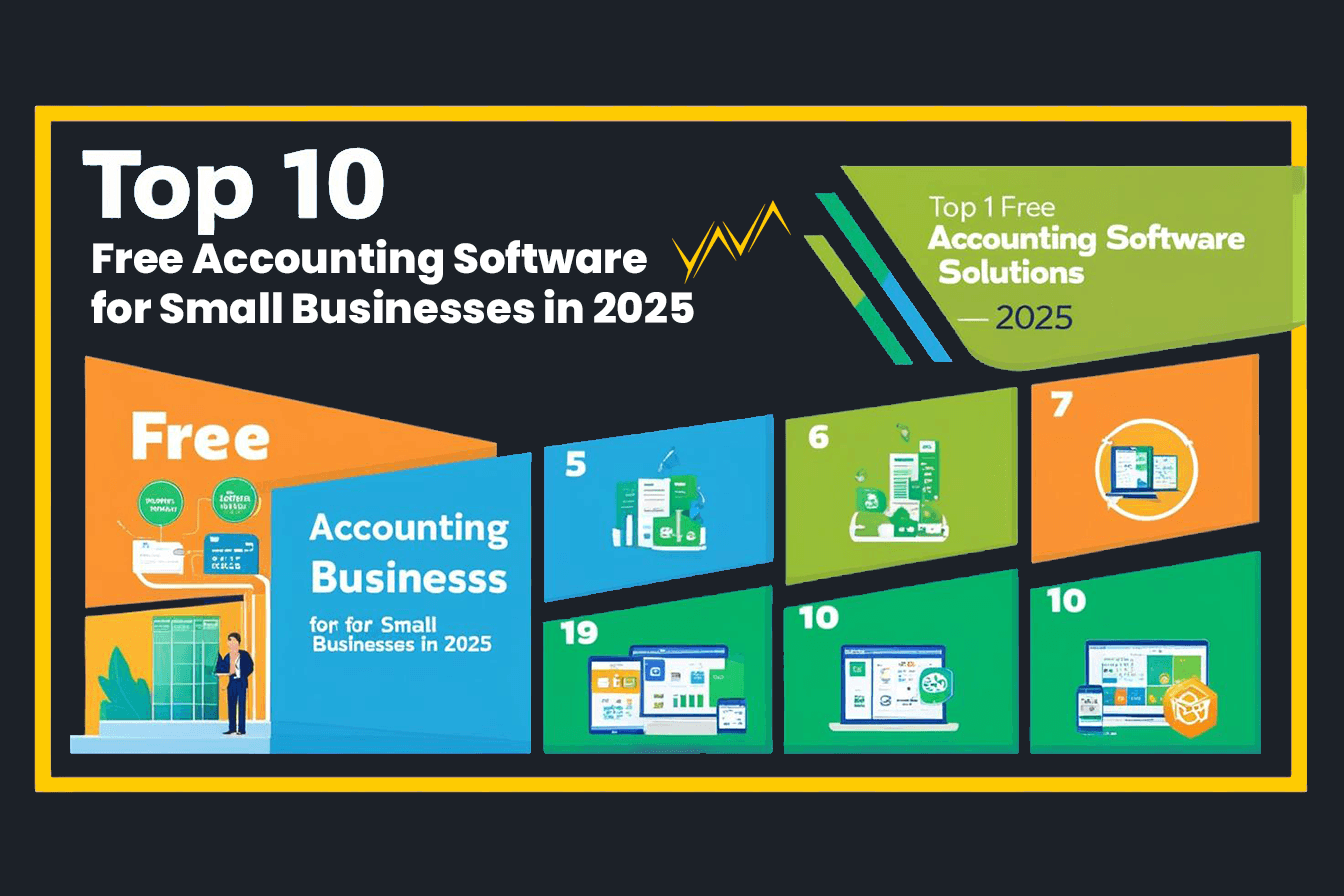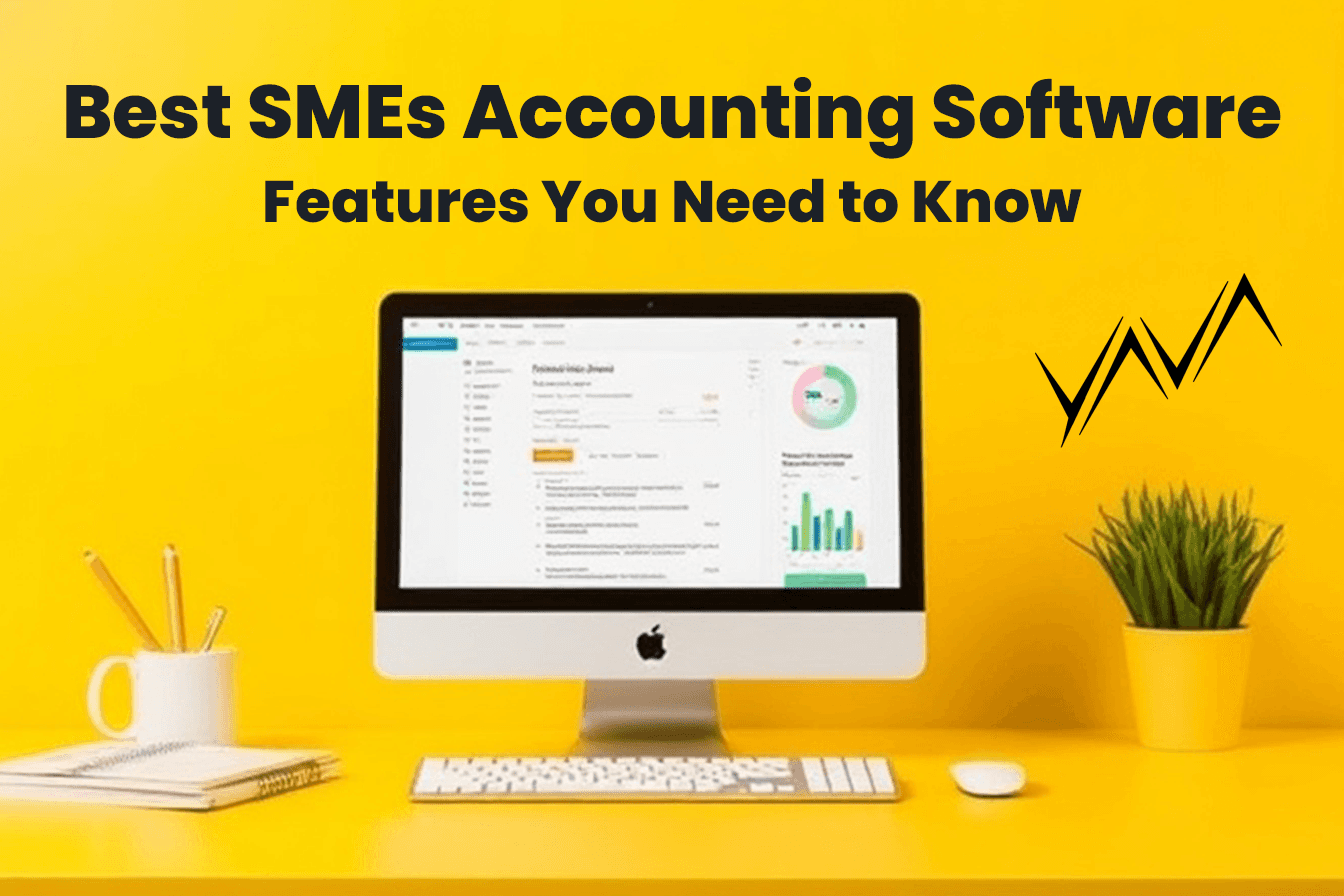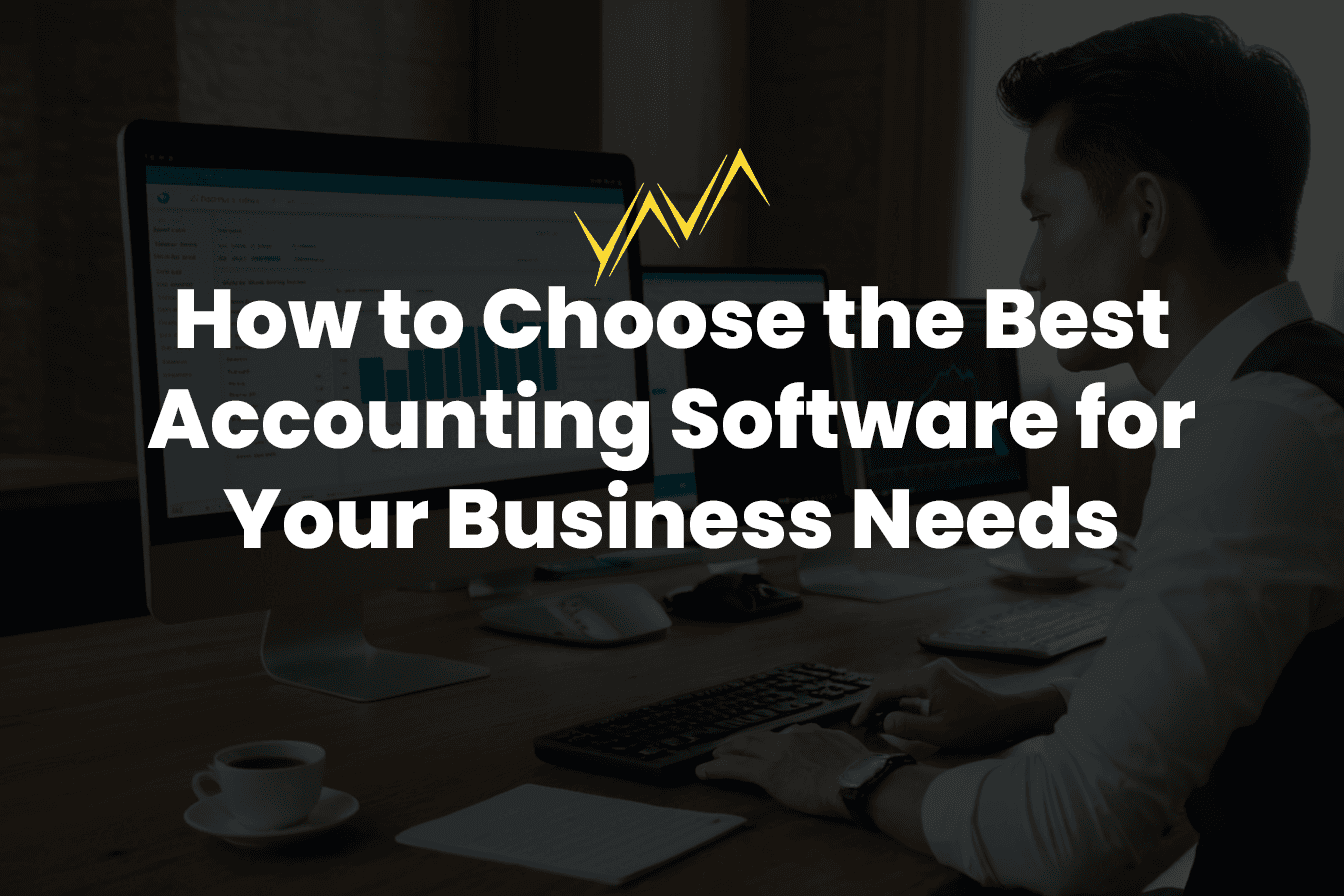Introduction:
From paid platforms like QuickBooks to free options like YavaBook, accounting software comes in many forms. This blog reviews the top 10 solutions, weighing features, costs, and usability to help small businesses make the right choice in 2025.
Why Accounting Software Is Important for Small Businesses
Time-Saving Automation
Automates repetitive tasks like invoicing, expense tracking, and tax calculations.Improved Accuracy
Minimizes errors in financial reporting and tax filings.Real-Time Insights
Provides up-to-date financial data for informed decision-making.Compliance Assistance
Helps businesses adhere to local tax laws, such as GST in Singapore.
For more on choosing software, check out How YavaBook Fits into the Interior Design Workflow.
Top 10 Accounting Software Solutions
1. YavaBook
Best For: Small businesses and startups looking for a free, GST-compliant solution.
Features:
GST-ready invoicing and tax reporting.
Automated expense tracking.
Real-time dashboards.
Why It Stands Out: Completely free, with features tailored to small businesses in Singapore.
2. QuickBooks Online
Best For: SMEs needing advanced features.
Features:
Automated invoicing and expense tracking.
Integration with payroll and third-party apps.
Comprehensive financial reporting.
Pricing: Starts at $20/month.
3. Xero
Best For: Businesses requiring scalability and multi-currency support.
Features:
Inventory management.
Multi-currency transactions.
Over 800 app integrations.
Pricing: Starts at $25/month.
4. Wave
Best For: Freelancers and solopreneurs.
Features:
Free invoicing and receipt scanning.
Seamless integration with Wave Payments.
Why It Stands Out: User-friendly and completely free for basic needs.
5. Zoho Books
Best For: Businesses already using the Zoho ecosystem.
Features:
Automated workflows and integrations with Zoho apps.
Free for businesses earning under $50,000 annually.
Pricing: Free for eligible users, with paid plans starting at $15/month.
6. FreshBooks
Best For: Service-based businesses and freelancers.
Features:
Time tracking and project management.
Invoicing and payment collection.
Pricing: Starts at $15/month.
7. Sage Business Cloud Accounting
Best For: Small businesses needing basic tools.
Features:
Basic accounting and invoicing.
Real-time bank feeds and reconciliations.
Pricing: Starts at $10/month.
8. GnuCash
Best For: Businesses seeking open-source flexibility.
Features:
Double-entry accounting.
Budget management.
Why It Stands Out: Free and customizable for tech-savvy users.
9. FreeAgent
Best For: Micro-businesses and freelancers.
Features:
Simplified invoicing and expense tracking.
Tax filing support.
Pricing: Starts at $12/month.
10. Odoo Accounting
Best For: Growing businesses needing modular solutions.
Features:
Integration with Odoo’s business management suite.
Real-time cash flow management.
Pricing: Free for basic features, with premium add-ons available.
Comparison of Top Accounting Software

For a closer look, see Financial, Accounting, and Tax Software: The Complete Guide for 2025.
How to Choose the Best Option
Evaluate Your Business Needs
Identify whether you require basic tools or advanced features like multi-currency support and app integrations.Set a Budget
Free tools like YavaBook are ideal for startups, while paid options may offer more scalability.Test Free Trials
Many platforms offer free trials to explore features before committing.
Real-Life Example: YavaBook for Small Businesses
A Singapore-based catering business saved $400 annually by switching to YavaBook. They automated GST invoicing, tracked expenses effortlessly, and gained real-time insights into their cash flow, allowing them to focus on growing their business.
For similar success stories, explore Streamline Church Finances with Free Church Accounting Software.
Conclusion
With options ranging from free solutions like YavaBook to premium platforms like QuickBooks and Xero, small businesses have a wealth of choices to simplify their accounting. By assessing your needs and budget, you can find the perfect tool to manage your finances and grow your business.
Ready to start? Sign up for YavaBook today and discover how free accounting software can transform your business.
Article by
Webb Poh
CEO and Founder
Published on
Aug 21, 2024




